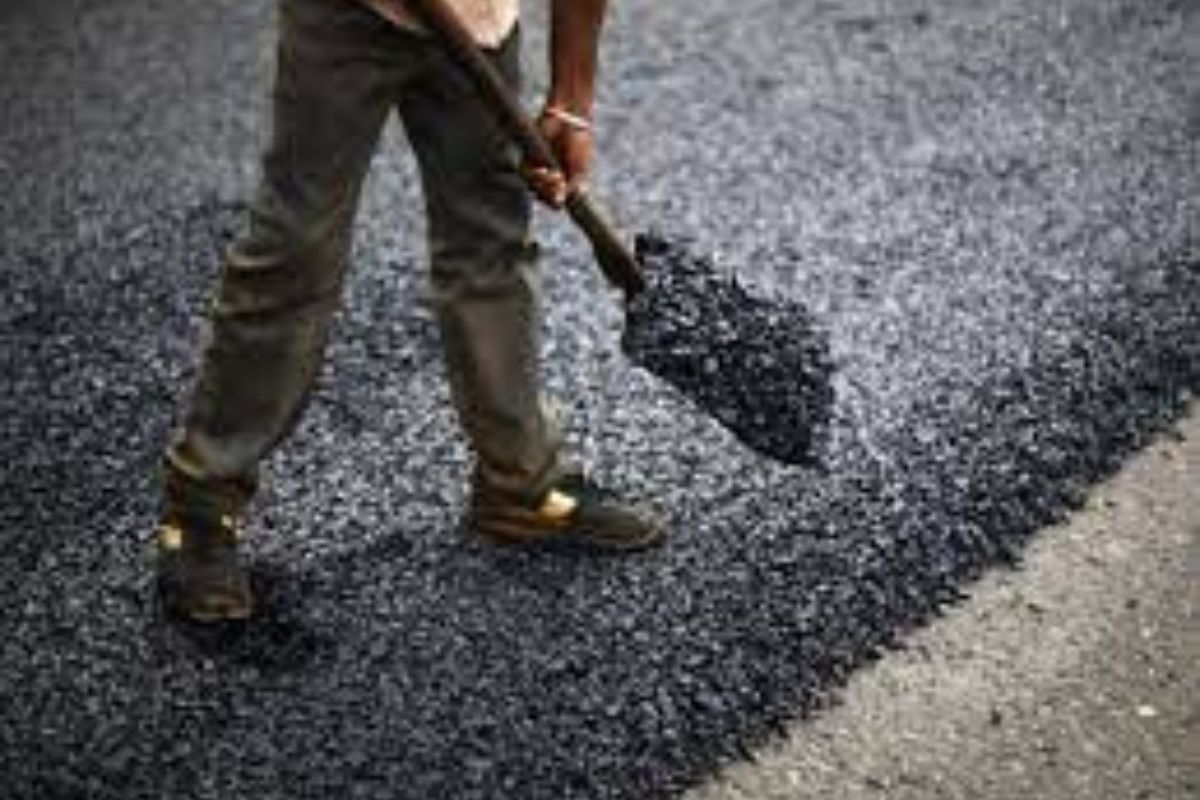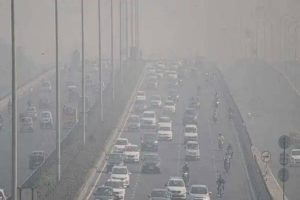The Central government has made it mandatory to use plastic waste in the construction and repair of service roads or National Highways. This will make the roads more durable, cheaper, stronger, and pothole free. At the same time, it will be easier to dispose of urban plastic waste.
Apart from these benefits, the use of plastic waste reduces the risk of harming the environment and death of animals especially cows as they won’t be able to eat the plastic bags from the gargnage.
The Ministry of Road Transport and Highways issued guidelines on February 6 to the road construction agencies of the states and the Central government. A senior ministry official said that in January 2017, it had decided to use solid waste-plastic waste in road construction. In this, 10 percent of plastic waste is used in the construction of national highways.
He said so far, plastic waste has been used in the construction of several thousand kilometers of highways. Plastic waste roads are being built in cities like Delhi, Chennai, Pune, Jamshedpur, Indore, Lucknow, etc.
In the new guidelines, the government has made it mandatory to use plastic waste in the construction and repair of service roads of national highways within a radius of 50 kilometers in urban-rural areas with five lakh population. For this, collection centers will be made for plastic waste at various places so that the plastic waste can be transported to the hot mix plant.
The new standards of the Indian Road Congress (RRC) Code of Plastics were prepared in November 2013. This is the world’s first code of plastic to use plastic waste in road construction. In this, 10 per cent plastic waste is mixed with coal tar in a hot mix plant.
This consumes 15 per cent less coal tar and makes the highway durable for 10 years (two times) instead of five. Due to the plastic being water-resistant, there are no potholes on the road due to rainwater entering and the roads do not get spoiled in the changing season of summer and winter.












